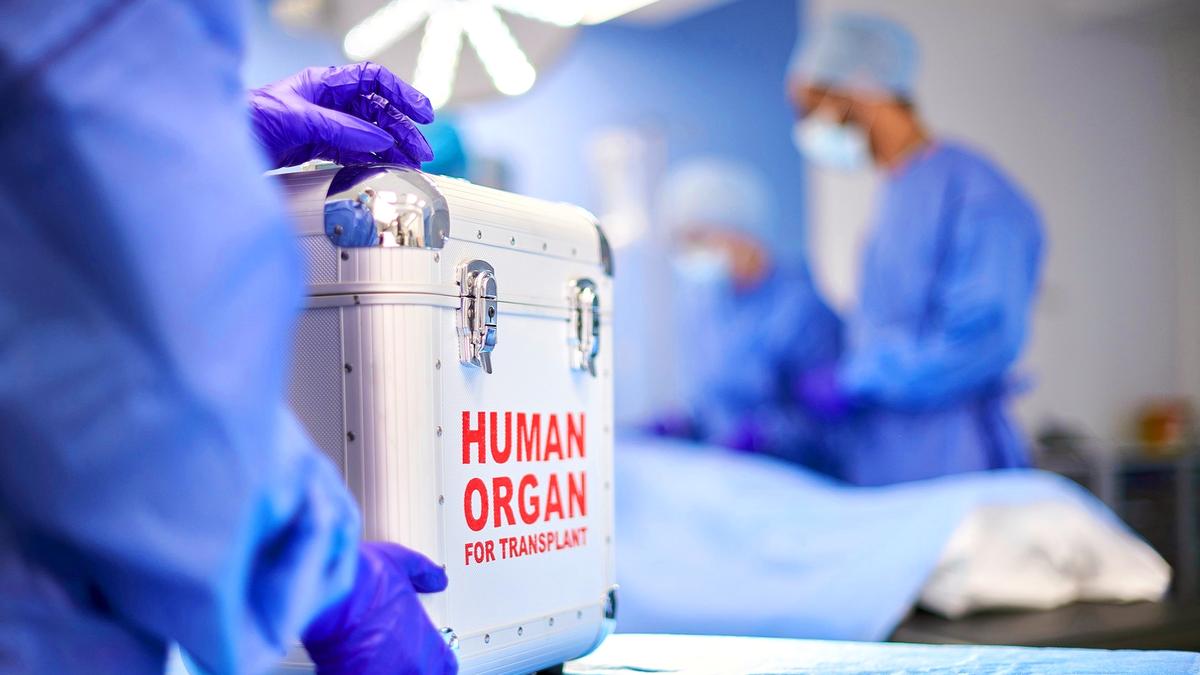
‘Medicare is a huge business, says Madras High Court; doubts fairness in authorising organ transplantations
The Hindu
Madras High Court criticizes organ transplant approval process, suggesting bias towards corporate hospitals over smaller ones.
Observing that medicare is a huge business, the Madras High Court on May 31, 2024 said, a lot of skeletons will tumble out of the cupboards of Organ Transplantation Authorisation Committees if an enterprising investigative journalist undertakes a thorough probe of all the approvals granted so far.
Justice G.R. Swaminathan said, there are reasons to believe that organ transplantation applications submitted through big corporate hospitals were being approved without assigning any reason while the applications received from lesser known private hospitals were being withheld or rejected.
“That is why, I called for a uniform liberal approach (in a judgement delivered on Thursday in a similar batch of cases filed by donors and recipients seeking approval for kidney transplantation). When suffering is common to all, the status of the hospital and the patient should be immaterial,” the judge wrote.
Explaining it in detail, he said: “Let me visualise this way. ‘A’ is a leading corporate hospital. ‘B’ is an ordinary hospital. Both are located in the same area. ‘A’ hospital charges ₹10 lakh for a given surgery. ‘B’ hospital charges ₹4 lakh for the same procedure. If the same surgeon will carry out the surgery, a patient who cannot afford the services of the corporate hospital, would naturally get admitted only in ‘B’ hospital.”
He went on to state: “This will irk the management of ‘A’ hospital. If approval is required from the department for a given procedure, ‘A’ hospital will see to it that while its applications are fast tracked and given green signal, the applications of ‘B’ hospital are not fast tracked and if possible rejected. This is the way of capitalism. This is the way businessmen behave. Competition is always cut-throat. All is fair not only in love and war but also in business. And medicare is a huge business.”
Adding pun, Justice Swaminatha wrote: “The choice of the letters ‘A’ and ‘B’ was incidental. ‘A’ can be substituted by ‘K’ or ‘M’ or ‘R’ or anything!” He also said that a probe into the approvals granted by the organ transplant authorisation committees need not be necessarily carried out by an investigative journalist, “tongue-in-cheek” it could be done even by an YouTuber.
The judge pointed out that the present writ petition had been filed by a 30-year-old Railway employee who had been advised by his nephrologist, at a not so popular hospital in Chennai, to undergo kidney transplant at the earliest. His wife and other near relatives came forward to donate their organ but it could not materialise due to incompatibility. He found a non-near relative donor but their joint application was rejected.

“Writing, in general, is a very solitary process,” says Yauvanika Chopra, Associate Director at The New India Foundation (NIF), which, earlier this year, announced the 12th edition of its NIF Book Fellowships for research and scholarship about Indian history after Independence. While authors, in general, are built for it, it can still get very lonely, says Chopra, pointing out that the fellowship’s community support is as valuable as the monetary benefits it offers. “There is a solid community of NIF fellows, trustees, language experts, jury members, all of whom are incredibly competent,” she says. “They really help make authors feel supported from manuscript to publication, so you never feel like you’re struggling through isolation.”

Several principals of government and private schools in Delhi on Tuesday said the Directorate of Education (DoE) circular from a day earlier, directing schools to conduct classes in ‘hybrid’ mode, had caused confusion regarding day-to-day operations as they did not know how many students would return to school from Wednesday and how would teachers instruct in two modes — online and in person — at once. The DoE circular on Monday had also stated that the option to “exercise online mode of education, wherever available, shall vest with the students and their guardians”. Several schoolteachers also expressed confusion regarding the DoE order. A government schoolteacher said he was unsure of how to cope with the resumption of physical classes, given that the order directing government offices to ensure that 50% of the employees work from home is still in place. On Monday, the Commission for Air Quality Management in the National Capital Region and Adjoining Areas (CAQM) had, on the orders of the Supreme Court, directed schools in Delhi-NCR to shift classes to the hybrid mode, following which the DoE had issued the circular. The court had urged the Centre’s pollution watchdog to consider restarting physical classes due to many students missing out on the mid-day meals and lacking the necessary means to attend classes online. The CAQM had, on November 20, asked schools in Delhi-NCR to shift to the online mode of teaching.









